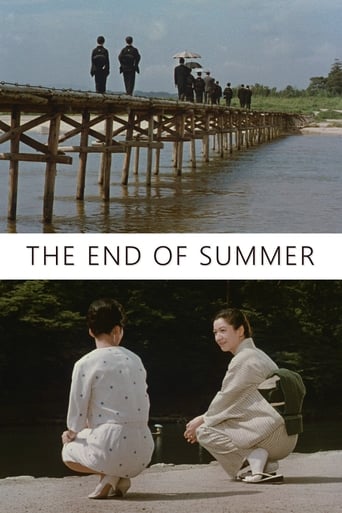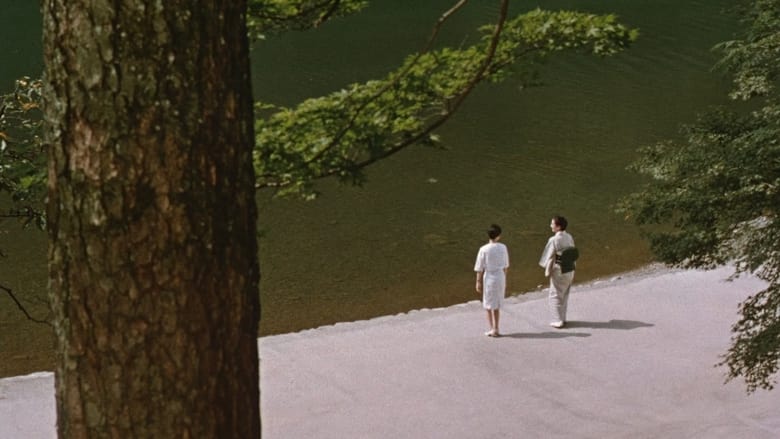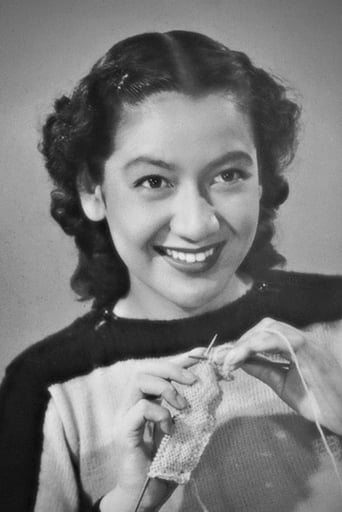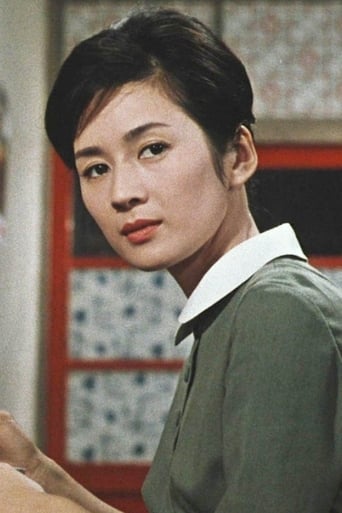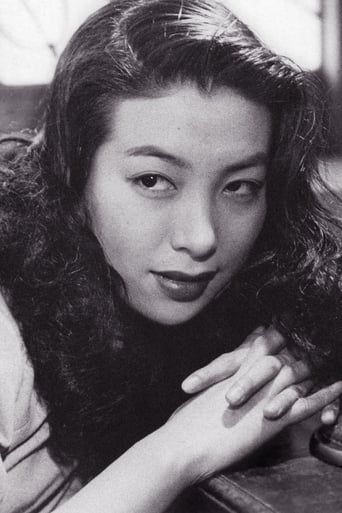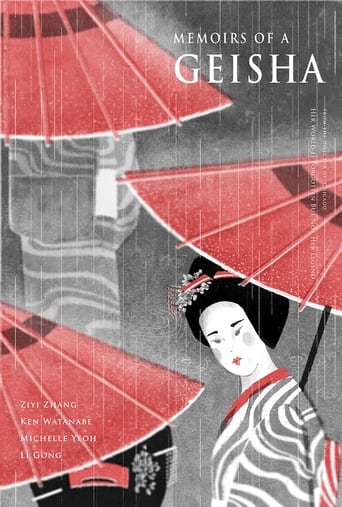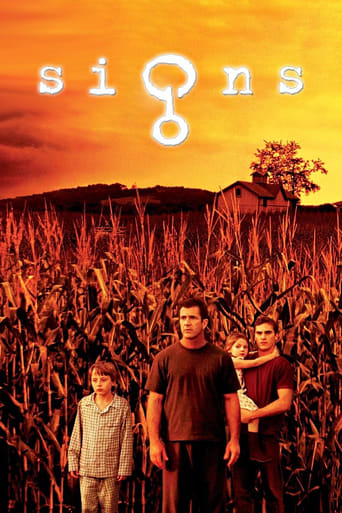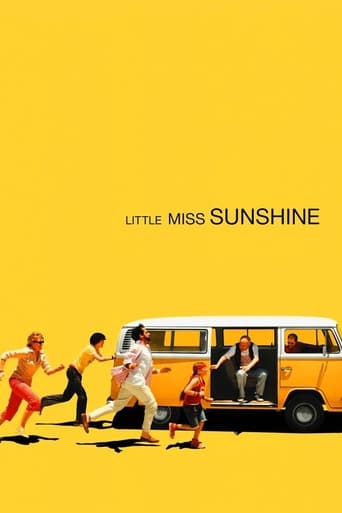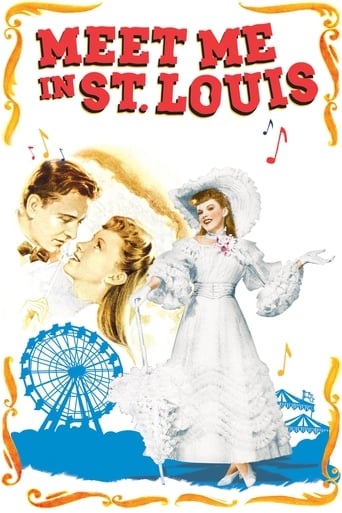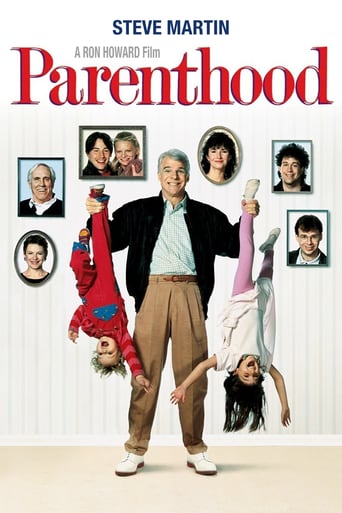The End of Summer (1961)
The family of an older man who runs a small sake brewery become concerned with his finances and his health after they discover him visiting an old mistress from his youth.
Watch Trailer
Free Trial Channels
Cast


Similar titles
Reviews
Well Deserved Praise
Am I Missing Something?
Absolutely brilliant
Very good movie overall, highly recommended. Most of the negative reviews don't have any merit and are all pollitically based. Give this movie a chance at least, and it might give you a different perspective.
Viewed on DVD. Restoration = ten (10) stars. The many similarities (repeatedly deployed in most of the director's prior films) presented yet again in this movie may have provided a sense of stability for audiences confronting dynamic societal changes in the 1960's. All the actors you have seen (or will see) again and again as the director continued to turn out a DE FACTO TV series consisting of about one episode/movie per season/year. The producers and director seem to be counting on the viewer's curiosity as to what these fine and well-known actors are now up to for generating box-office traffic. If the film had been cast with relative unknowns, it would likely have tanked (or never been made). With so many characters crammed into this movie (it may have set a record at the time for the number of cameo appearances), it is a bit of a mystery as to who is related to whom and in what way in an expanded family consisting of 3/4 generations. Not until close to the end can the viewer be absolutely certain. The usual "back acting" (i.e., scenes filmed of the actor's back instead of from the front) frequently occurs. Train whistles are patently phony: electric-powered trains are made to sound like steam engines (the trains are never seen). Many exterior shots (or variations thereof) you have seen (and/or will see again) in other films from this director. The same interior sets from many of the director's previous movies are used once more. Cinematography (color) is fine (but the narrow-screen aspect ratio is still used). Some editing cuts are a bit jagged. Dialog, for the most part, is understandable. Subtitles sometimes flash by too quickly and can be too long. Film score blends in nicely except for the chanting prior to and during the death scenes which seems overdone. Familiarity may have bred comfort 55 years ago, but today it borders on boredom. WILLIAM FLANIGAN, PhD.
Perfection perfection perfection! This is the penultimate film by the one filmmaker that somehow always continues to amaze me and reassert the power cinema has. It's like reading a haiku by Bashô, or a poem by Merwin. Something made in a different time and place, yet still so strongly present in the here and now.Regardless of the pervasive and thoroughly Ozuesque marriage dealings, this film is really about death. Its imminence, immutability. Its invisibility. The comedy, of which there's plenty, is balanced and ultimately cancelled out by what unfolds, and the final funeral procession is worthy of Welles' "Othello" (1952) in its bleak finality, and that smoke from the crematorium is among the darkest and most beautiful metaphors in all of Ozu — our life vanishes with our body either into the ground, or as is appropriate in the Japanese culture, into thin air. It vanishes. For a moment a kind of an emblem of it lingers in the air, and then even that token is gone.And as only Ozu can, there's always the comic undersong, no matter how dark the waters we're treading. (This works both ways, mind!) The past is on its way out, the present is colliding with the future. It's the old paterfamilias who's growing into a child again, rekindling an old flame, failing to act his age at the gate of death, and it's the daughter who tells him off (the brother all tight-lipped and spooked about mentioning it, failing to step up. As is often the case, the females are perfectly capable of coping not their own, thank you very much.I think Ozu's impact is the strongest when I'm away from him for a while. Then I get used to other ways of seeing things, yet when I go back to him the effect is stupendous: how he frames a shot of a doorway, a train station, of what seems to be the most "insignificant" transitory shot between scenes is beyond words. But it's always in that which many of us find "insignificant" where he finds a whole new universe waiting to be explored, and cherished. The beauty of his cinema is why I love film. It's the great friendship that lasts.Seeing as the BFI are either incapable or unwilling to complete their Ozu project and might not actually have the rights to this film anyway, and now that Criterion have pushed from the mainline into the Eclipse, I wonder when we might see a decent Blu-ray of this wonderful film.
This beautiful, haunting film takes place at the end of a hot Japanese summer that, as one of the characters puts it, "refuses to end." The mournful sound of cicadas accompanies the series of tableaux about the scion of the Namakura family, a whimsical widower who continues to see the mistress who caused his late wife and currently cause his three daughters a lot of sorrow. The film is about the impracticality and unpredictability of love in opposition to a rigid social order. Two of Namakura's daughters share their father's ambivalence about marriage. The older daughter, herself a widow, hesitates to re-marry. Although she embraces traditional values, she treasures her life "as it is," and values the freedom she now has as a single woman. Another daughter prefers to marry for love, rather than go with the dull, practical man her family has chosen for her. Only one daughter has a traditional marriage, but she's the most angry and outspoken to her father about his mistress. The film is also about the contrasts between the old and, "New Japan," the English words written on a flashing neon sign glimpsed on an anonymous city street. Despite his eccentricities, Namakura was a good businessman who kept the family sake business afloat; he could straddle both the old and new worlds. This is a physically gorgeous film, filled with humble domestic scenes that radiate the light of Vermeer and Dutch genre paintings. Ozu shows tremendous respect for women and the humble work they do--washing, sewing, cooking. It's work that is usually unseen and under-appreciated, so it's a pleasure to see it honored here.
Yasujiro Ozu is, without a single doubt in my mind, in the top five directors of all time. Possibly the second best after my personal favourite Akira Kurosawa. Many may credit my preference due to the fact that Kurosawa was considered as the most Western of all Japanese directors. However Ozu came from the same time and his films are very different but just as good. Ozu's films have the most simple of plots, in that they do not have a strict or interesting storyline. This can sometimes lead to extremely complex situations as Ozu focuses on the trials of Japanese family life. If you are looking for films about real life, and real people, then look no further than Ozu. Like other Ozu films there are arranged marriages, and relationships that cross through all generations. A father is distracted from troubling finance issues by a recently rekindled affair from nineteen years previously. The film is very subtle in its extraction of emotions, Ozu's trademark of not moving the camera once, with completely still shots. Ozu also doesn't use flashbacks, resulting in people simply talking and describing the past. The editing is restrained to simple straight cuts, and no fancy transitions are used. It is this simplicity that some may find boring, or a lack of pacing. For me however it is great to see a master of the craft not give in to unnecessary techniques when the acting and slightly faded picturesque cinematography does all the talking. Dialogue between characters is both intriguing and thought provoking. The final funeral scenes really do demonstrate the beauty of Ozu's films, when we see a couple of complete strangers talk about the recent passing, as we are then treated to a magnificent shot of the funeral procession walking down a bridge. Like 'Tokyo Story' and 'Early Summer', 'The End of Summer' is a thoughtful and delicate piece of work, and also a fine example of Ozu's rare use of colour.

